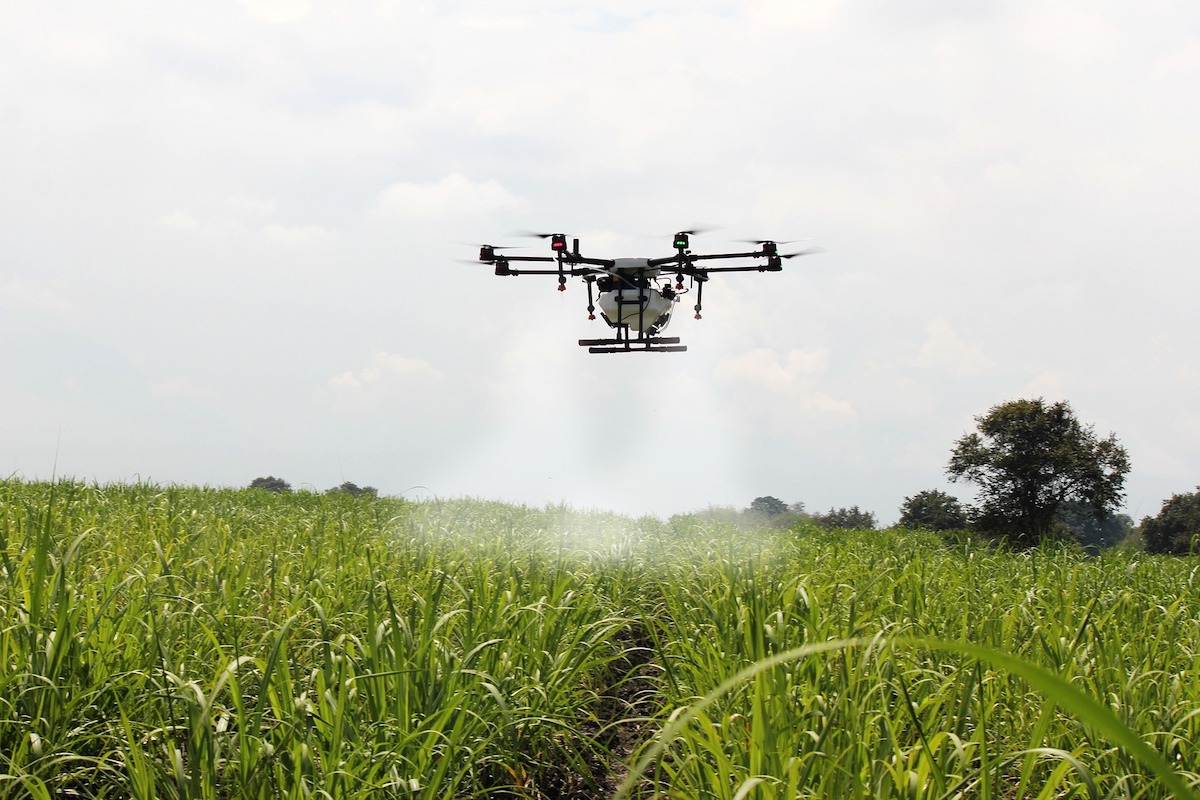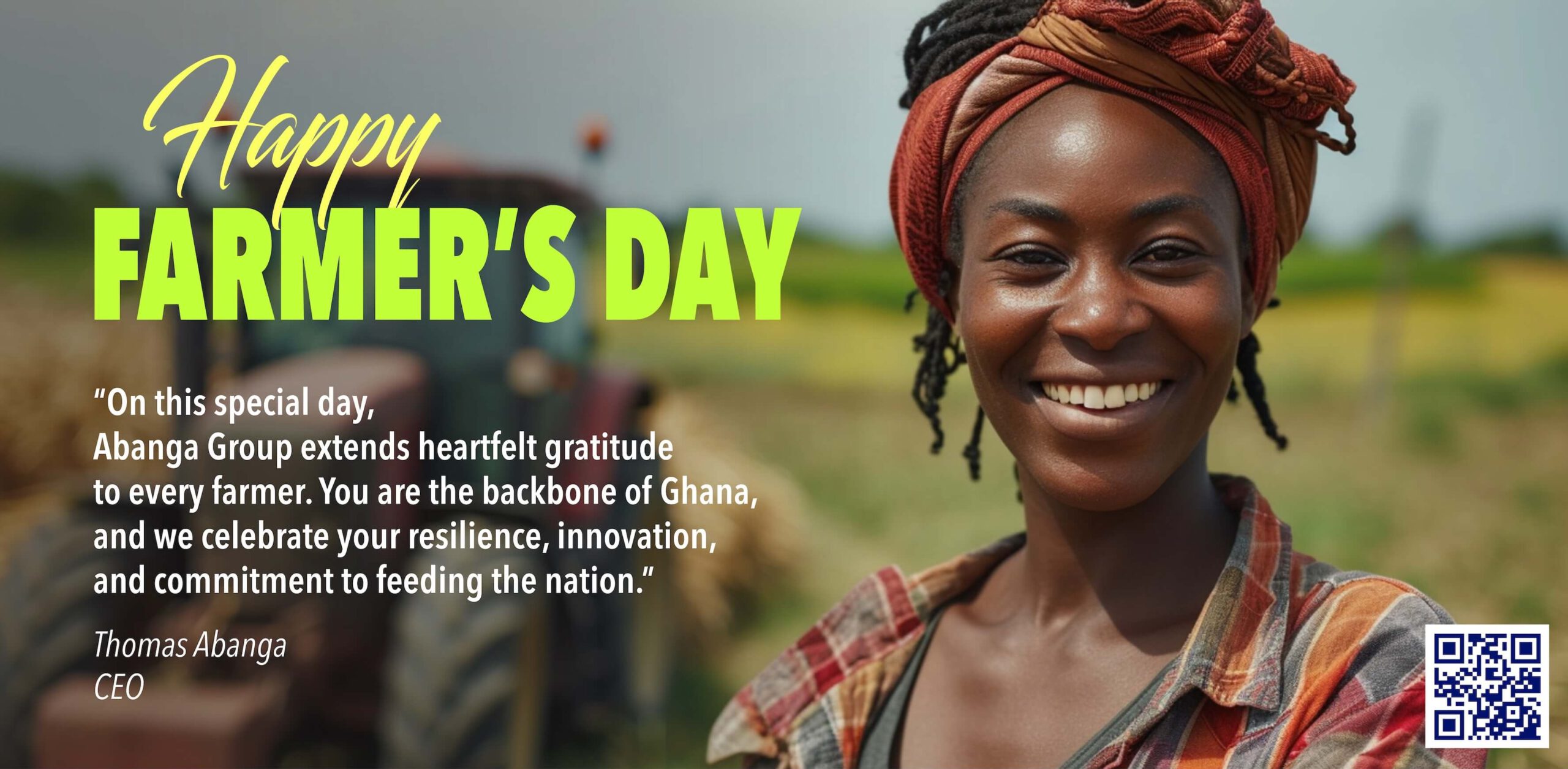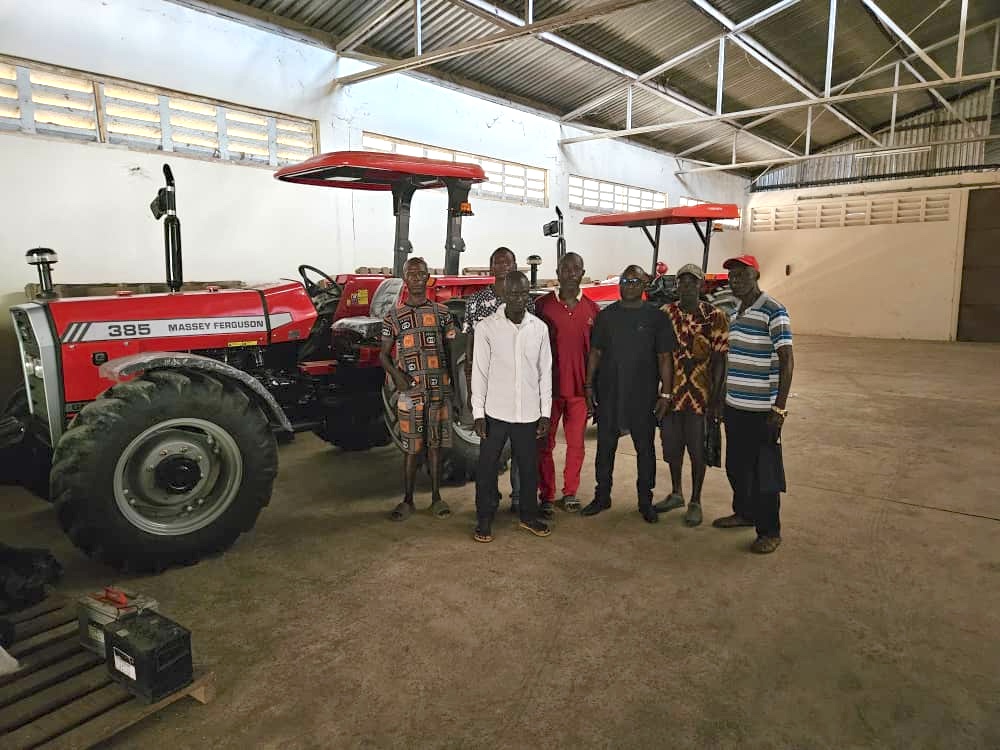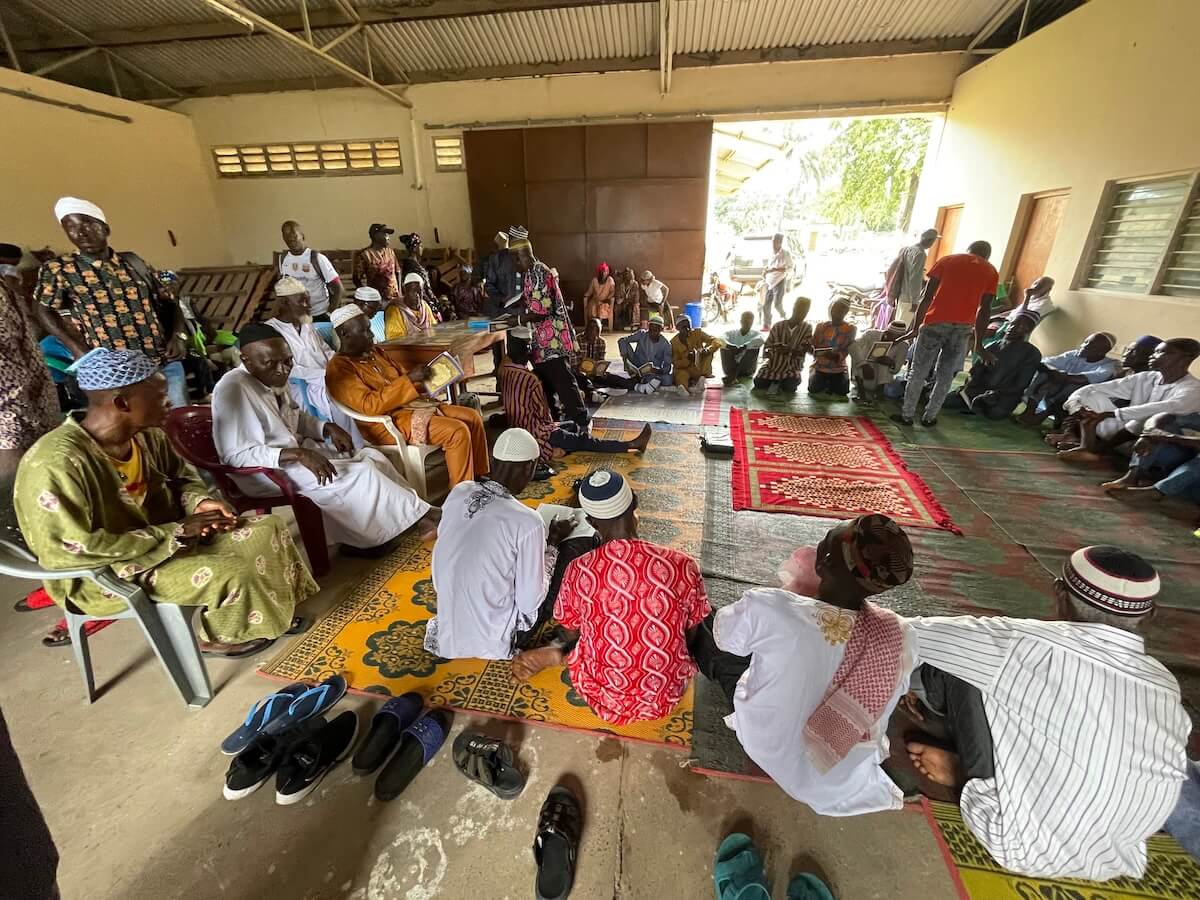A & G Agro-Mechanical Industries Limited and Abanga Farms & Food Systems (AFFS) Limited, subsidiaries of pan-African agribusiness conglomerate Abanga Group, have extended their commercial farming programme into two additional African Countries.
Their recent move into Liberia and Namibia brings to three the total number of African countries they have ventured into to start the programme which is expected to inure to the benefits of the citizens and governments of these countries.
The programme begun in Ghana in 2015 following the signing of a memorandum of understanding between A&G Ltd and the country’s Ministry of Food and Agriculture.
The two companies have so far acquired 10,000 hectares of arable lands in each country through their governments to be developed for planting rice and other cereal crops. Eight thousand (8,000) hectares would be used for crop production in each country while the remaining 2,000 hectares would be given to outgrower farmers who are mainly youth and women.
“We’re a vibrant, growing and innovative agribusiness conglomerate with a clear vision and mission to create jobs and provide livelihood opportunities to farming communities in the continent of Africa through our team of technical experts who are renowned and internationally celebrated for the work they do”, Thomas Abanga, founder and CEO of Abanga Group explains.
Like Ghana, Liberia and Namibia would each have 30 high-performing farm tractors to be used for land preparation. About 290 specialized workers including youth and women would be engaged as operators of these tractors and other farm machines. Also, each country programme would engage about 3,200 outgrower farmers including youth and women.
A & G and AFFS would use modern technology such as certified and early yielding seeds, modern farm tractors and implements for land preparation and precision equipment like drones for chemical application. All forms of technologies used by AFFS would be made available to the outgrower farmers in these countries at a fee that would only be paid after they have harvested their crops.
The two businesses would also provide ready market for all outgrower farmers’ goods by purchasing the crops just after they have been harvested. The total cost of inputs including weedicides, fertilisers and pesticides would then be subtracted from the total cost of crops purchased and the difference is given to the outgrower farmer.
“The outgrower farmer selection we believe would encourage Liberia and Namibian youth participation with proportionate number of females. In each of these countries we are expected to produce 14,000 metric tons of grains per farming season”, Mr. Abanga indicated.
By The Abanga Group/PR Unit
